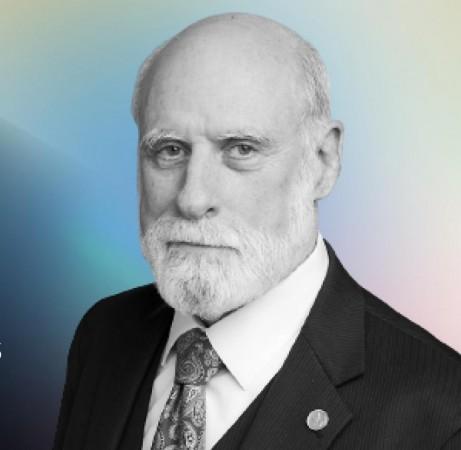With billions of dollars already poured into conversational AI projects worldwide, the "Father of the internet" and Google's "internet evangelist" Vint Cerf has warned businesses not to rush into investing in it just "because it's really cool".
The warning comes amid a surge in popularity for Microsoft's ChatGPT and Google's Bard, which has been making headlines in the last one month. "There's an ethical issue here that I hope some of you will consider," Cerf was quoted as saying.
![What is Bard: Google's answer to ChatGPT arrives; intensifies conversational AI race [details]](https://data1.ibtimes.co.in/en/full/781652/what-bard-googles-answer-chatgpt-arrives-intensifies-conversational-ai-race-details.jpg?h=450&l=50&t=40)
Referring to Google's Bard conversational AI that was announced last week, he said that "everybody's talking about ChatGPT or Google's version of that and we know it doesn't always work the way we would like it to".
A critical warning from him comes as major tech companies such as Google, Microsoft, and Meta struggle to remain competitive in the conversational AI space while rapidly improving a technology that still makes mistakes.
The report further said that he warned against the temptation to invest just because the technology is "really cool, even though it doesn't work quite right all the time".
"If you think, 'Man, I can sell this to investors because it's a hot topic and everyone will throw money at me', don't do that," Cerf said.

"Be thoughtful. You were right that we can't always predict what's going to happen with these technologies and, to be honest with you, most of the problem is people -- that's why we people haven't changed in the last 400 years, let alone the last 4,000," he added.
"They will seek to do that which is their benefit and not yours. So we have to remember that and be thoughtful about how we use these technologies."
Moreover, he gave an example in which he asked a chatbot to provide a biography about himself. Cerf claimed that the bot presented its response as factual despite inaccuracies, the report said.
"On the engineering side, I think engineers like me should be responsible for trying to find a way to tame some of these technologies so that they are less likely to cause harm," he said.
(With inputs from IANS)









!['Had denied Housefull franchise as they wanted me to wear a bikini': Tia Bajpai on turning down bold scripts [Exclusive]](https://data1.ibtimes.co.in/en/full/806605/had-denied-housefull-franchise-they-wanted-me-wear-bikini-tia-bajpai-turning-down-bold.png?w=220&h=138)



